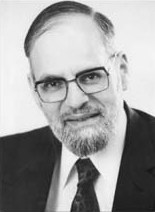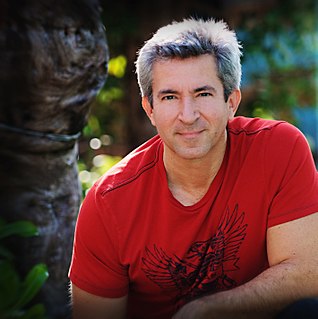A Quote by Neil deGrasse Tyson
God is an ever receding pocket of? scientific ignorance.
Quote Topics
Related Quotes
Does it mean, if you don't understand something, and the community of physicists don't understand it, that means God did it? Is that how you want to play this game? Because if it is, here's a list of things in the past that the physicists at the time didn't understand [and now we do understand] [...]. If that's how you want to invoke your evidence for God, then God is an ever-receding pocket of scientific ignorance that's getting smaller and smaller and smaller as time moves on - so just be ready for that to happen, if that's how you want to come at the problem
I think that the project of being alive is to be alive. So there will always be twists and turns and steps forward and steps back, but that's just your life. There is no sort of place at which to arrive, and I think that the more one focuses on an end point, the harder it is to get there. It's like the horizon, sort of ever receding, ever receding, ever receding.
Scientists rightly resist invoking the supernatural in scientific explanations for fear of committing a god-of-the-gaps fallacy (the fallacy of using God as a stop-gap for ignorance). Yet without some restriction on the use of chance, scientists are in danger of committing a logically equivalent fallacy-one we may call the “chance-of-the-gaps fallacy.” Chance, like God, can become a stop-gap for ignorance.
The phenomenon of economic ignorance is so widespread, and its consequences so frightening, that the objective of reducing that ignorance becomes a goal invested with independent moral worth. But the economic education needed to reduce such ignorance must be based on austere, objective, scientific content—with no ideological or moral content of its own.
Ever since the beginning of modern science, the best minds have recognized that "the range of acknowledged ignorance will grow with the advance of science." Unfortunately, the popular effect of this scientific advance has been a belief, seemingly shared by many scientists, that the range of our ignorance is steadily diminishing and that we can therefore aim at more comprehensive and deliberate control of all human activities. It is for this reason that those intoxicated by the advance of knowledge so often become the enemies of freedom.

































